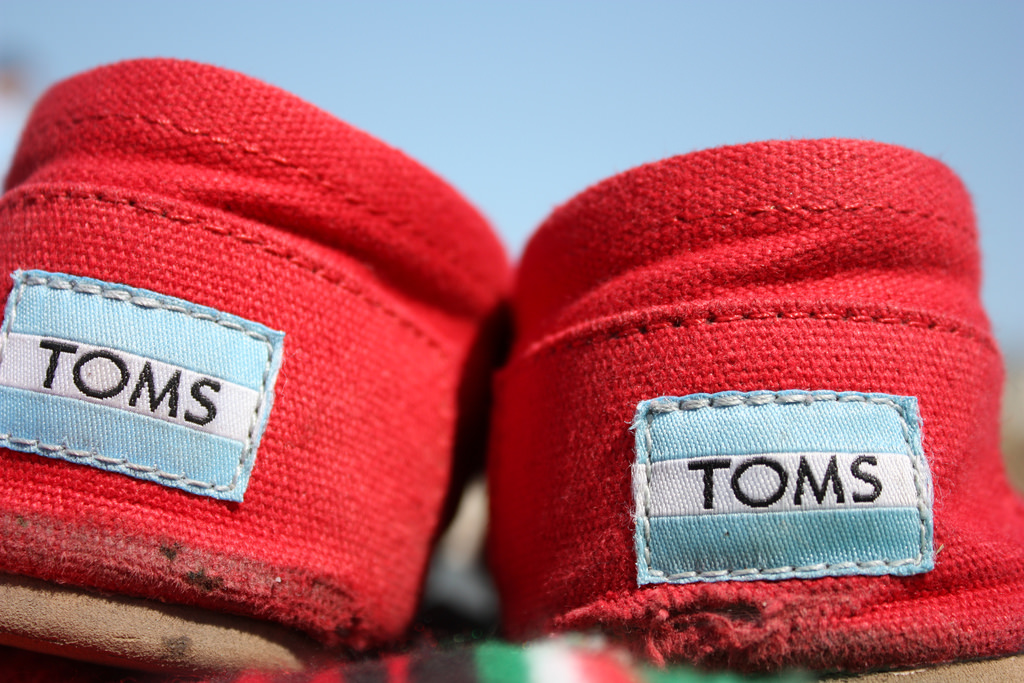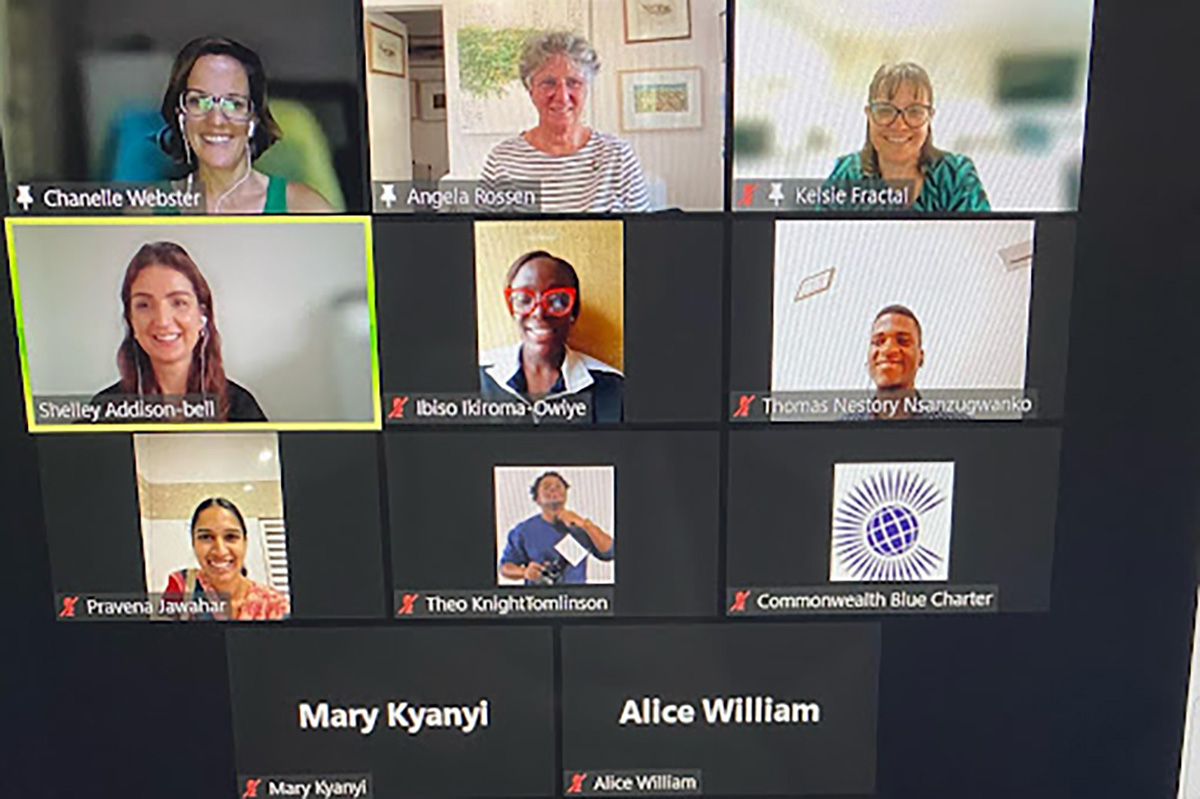“The charitable-industrial complex”
July 12 The desire to give aid comes from good intentions, writes Swapnil Mishra, 21, a Commonwealth Correspondent from India currently studying in the U.S. At the same time, policies around international aid can lead to dependence, or undermine efforts to build a healthy local economy.
The desire to give aid comes from good intentions, writes Swapnil Mishra, 21, a Commonwealth Correspondent from India currently studying in the U.S. At the same time, policies around international aid can lead to dependence, or undermine efforts to build a healthy local economy.
A very popular documentary titled “Poverty, Inc.” explicitly puts forward the point of view that helping the poor comes from a “good” heart and noble intentions. In the garb of aid, no NGO or charitable organization donates food or money with ulterior motives.
However, “paternalism” helps no one, and no developing country has been able to become a first world country purely on the basis of aid. On the contrary, there is evidence that aid has hampered the domestic economy in some cases, as it creates a generation of dependence mentality.
The critics of foreign aid in third world countries argue that emergency disaster relief has become a permanent model. Arguably, there should be a reduction in aid as we progress in time past the date and immediate impact of a natural calamity. Therefore, in that view, the best way to help the poor is to help them stand on their own.
However, it is not just foreign aid in general that can hamper a developing country’s economy. Critics point to examples where economic policies introduced by the IMF and World Bank with noble intentions can also have serious negative consequences.
For example, in Jamaica and Haiti, the agricultural sector collapsed due to the implementation of economic policies such as trade liberalisation and tariff elimination.
The milk industry in Jamaica was flourishing until the IMF demanded that subsidies for the local industry be removed and taxes placed on imported milk be eliminated. This resulted in great quantities of European milk being dumped into the Jamaican market and dairy farms shutting down operations.
The situation was the same in Haiti, where subsidy and taxation policies had a negative impact on their agricultural industry as well. Haiti used to be a net exporter of rice before the IMF encouraged Haiti to cut the tax on rice imports and focus on export manufacturing.
These policies create a dilemma in the minds of the people the projects are intended to help. For example, in Ghana, there is a perception that international financial institutions such as the World Bank have an agenda or motive different than development, as the institutions cause more damage than good in certain cases.
Social entrepreneurship projects such as TOMS, the shoe company that provides free shoes and services in the developing world in as a dividend for shoes purchased in developed markets, can do more harm than good in low income countries where there is an immense lack of small-medium industries. These industries are the “missing middle” of the economic spectrum. Unlike high-income countries where small-scale, medium and large industries flourish, developing countries lack the missing middle of small to medium scale industries that provide jobs and economic diversity.
Maybe, instead of giving away free shoes, the manufacturing sector of the company could be relocated to the countries where these shoes are donated in the form of aid. Not only would this lead to job creation, but it would also not eliminate its competitors in the developing world economy in the process.
photo credit: Vivianna_love via photopin (license)
…………………………………………………………………………………………………………………
About me: My name is Swapnil Mishra and I am an undergraduate student pursuing a major in Economics with minors in Business (Environmental Management) & International Relations at Knox College, Illinois, U.S.
My ambition is to work in the field of International Development and my interests are cricket and travelling.
…………………………………………………………………………………………………………………
Opinions expressed in this article are those of the author and do not necessarily represent the views of the Commonwealth Youth Programme. Articles are published in a spirit of dialogue, respect and understanding. If you disagree, why not submit a response?
To learn more about becoming a Commonwealth Correspondent please visit: http://www.yourcommonwealth.org/submit-articles/
………………………………………………………………………………………………………………




